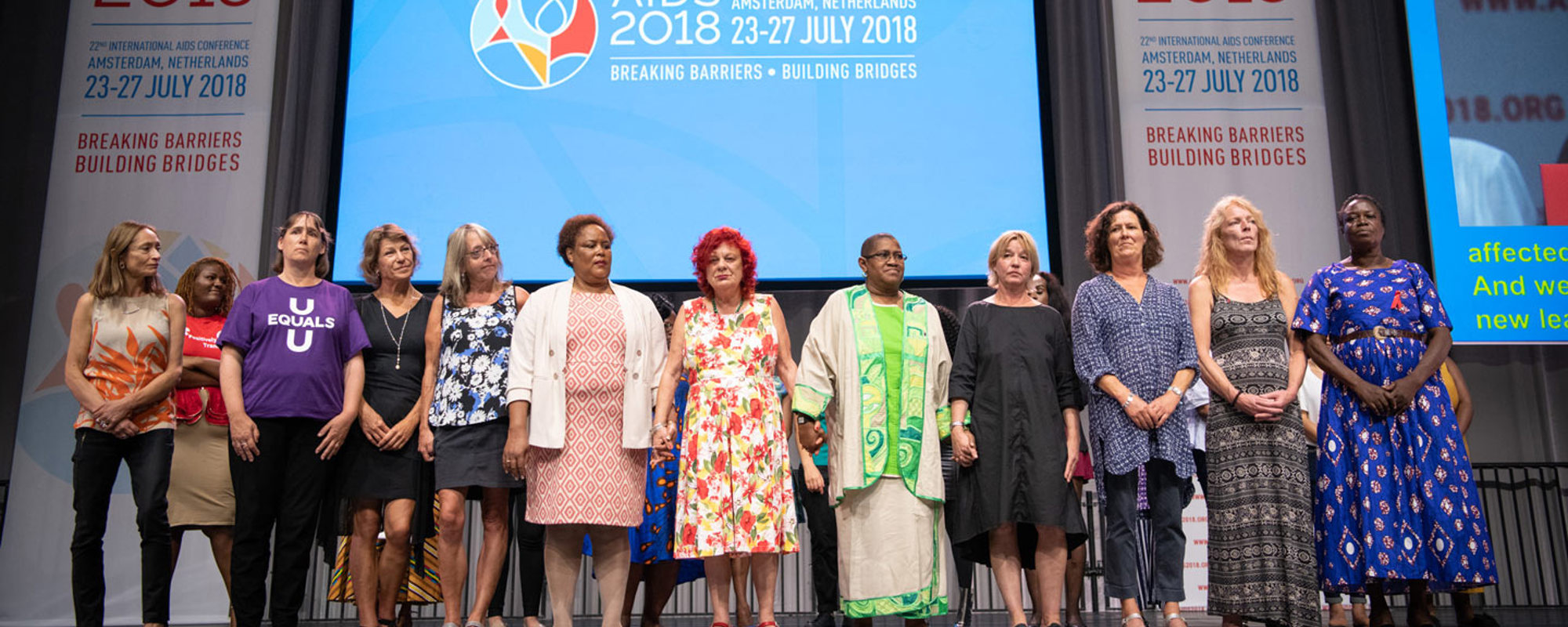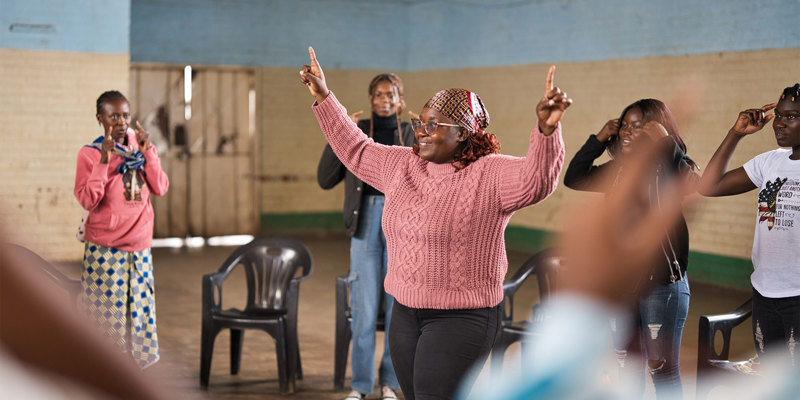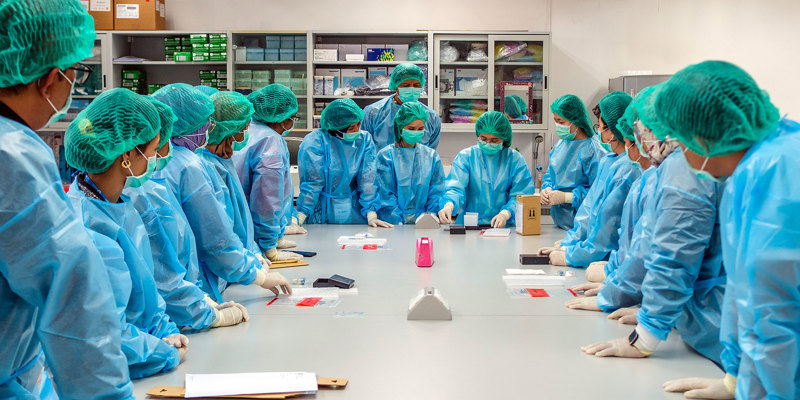

"Kick Down Every Wall": My Journey through HIV Activism
I was diagnosed with HIV in January 1987 – I was 26 years old and the first woman to receive a positive diagnosis in the hospital where I was tested. At that point, it took me two months to even make contact with another woman living with HIV. There was almost no information and no support out there, so those of us who were being diagnosed had to do things for ourselves. We pushed to receive basic health and hospice care, educated our providers, and took action against political and corporate interests that denied us rights that are now viewed as the bare minimum. But I was what you would call a “reluctant activist”, settling into activism as a way to channel my anger, push for change and make sense of the chaos my life was thrown into.
It was the lack of women-centred resources and the need to connect with others that led to a group of us forming an organization for women living with HIV. We worked very closely with other community networks of people living with HIV, which at the time were exclusively male, to advocate for rights, research and eventually for treatment. What bound us was not only our diagnosis, but also seeing our friends and our colleagues dying every week. We spent years trying to manage overwhelming grief that lasted up until antiretroviral treatments were introduced.
Read the full story on the International AIDS Society’s #IASONEVOICE campaign site. The campaign highlights stories, opinions, and perspectives of society members.







